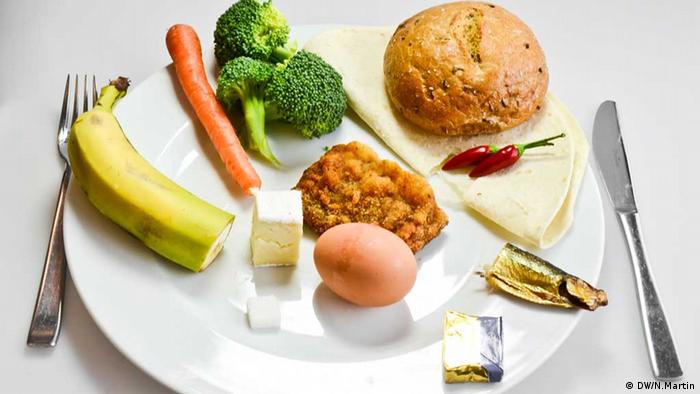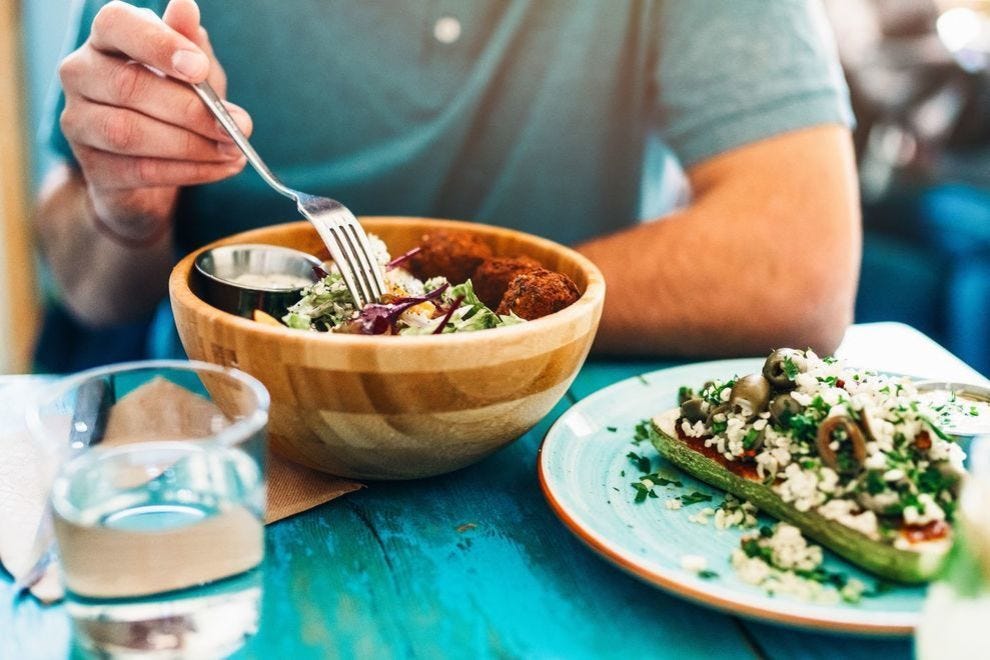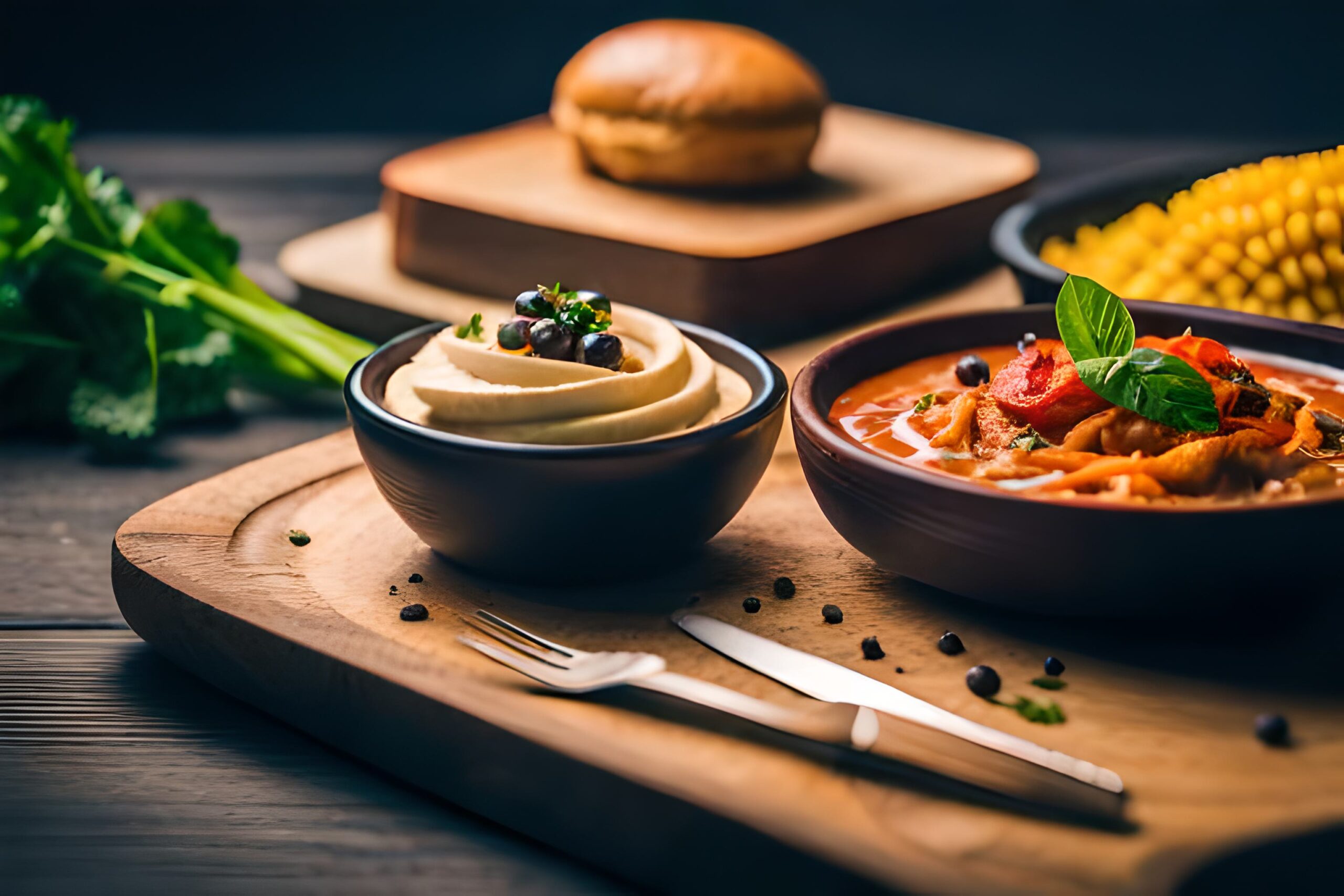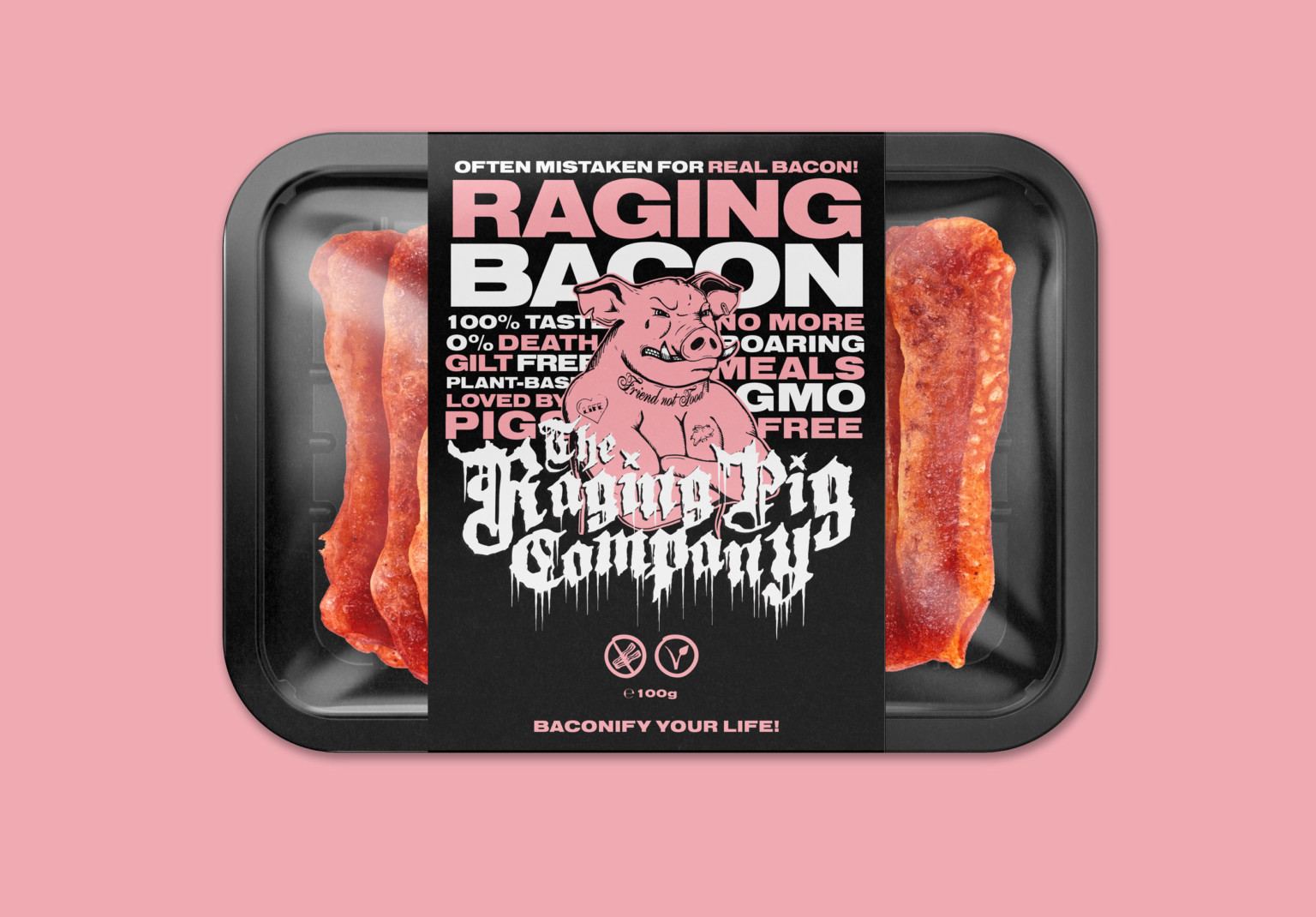Three key global food players, Givaudan, Bühler, and Cargill, have formed a consortium in collaboration with the Food Tech Hub LATAM and the Institute of Food Technology (ITAL), to build a food innovation center in the city of Campinas, recognized as Brazil’s tech powerhouses.
The “Tropical Food Innovation Lab” will be located at ITAL, in a fully refurbished, 1,300-square-meter area. The consortium positions the new site as a hub in Latin America to connect and develop sustainable future food and beverage products.
Start-ups, companies, investors, universities, and research institutions will have direct access to high-end technologies for rapid prototyping and plugging into the global food tech ecosystem that will foster fast-paced innovation in the F&B sector.
The Tropical Food Innovation Lab is planned to open in Q1 2023.
Hub for rich new food ideas
Brazil has the richest plant biodiversity on the planet, distributed in six major biomes, and is one of the world’s main food producers. Yet immense potential remains, with regards to healthy and sustainable products, novel food, and food waste reduction, the consortium highlights.
The Tropical Food Innovation Lab will comprise the most current generation of wet and dry extrusion systems for plant-based proteins, as well as beverages processing units.

When complete, the facility will feature new application labs and a state-of-the-art demo kitchen, where consumers, food scientists, nutritionists, Chefs, mixologists, and marketers, among other professionals, will work together to create environmentally sustainable new products.
“Sharing our facilities will help to carry out joint RD&I activities with the aim of establishing tools for the creation of an innovative food ecosystem, as well transferring technology for the food production sector to stimulate socioeconomic development,” comments Gisele Camargo, director of the research program and deputy director of ITAL.
“ITAL with its almost 60 years of history in Brazil has become a market reference in carrying out research and development as well as providing technical and innovation support.”
Paulo Silveira, the founder of the FTH Latam, adds: “This great cooperation around innovation will accelerate not only the creation of new food products and categories but also new companies, which will flourish with the sustainable use of Brazilian biodiversity.”
Innovation highway
Among recent R&D highlights, Givaudan – together with bio manufacturer of natural products, Manus Bio – unveiled BioNootkatone, an ingredient pegged to make waves in the citrus flavors space. The companies highlighted that BioNootkatone answers the market demand for environmentally sustainable, natural, clean label citrus flavor.
In May, Givaudan unveiled its novel Customer Foresight “futurescaping platform” that will leverage big data, artificial intelligence technology, and the company’s own expertise to co-create food experiences with customers. In the same month, it introduced NaNino+, a patent-pending combination of plant-based ingredients and natural flavorings that can replace nitrite in processed meat.
Last February, the global flavor house launched its patent-pending PrimeLock+, a vegan-friendly integrated solution that mimics animal fat cells in plant-based product development.

Among Bühler’s latest developments, the Swiss processing machinery specialist last partnered with Givaudan to accelerate the development and market penetration of new cell-based meat products. Together with Migros Industrie, the industry titans formed a new entity – The Cultured Food Innovation Hub – located in The Valley in Kemptthal, a “hotbed of innovation and technology” just outside of Zurich.
Cargill, the major agri-food supplier recently strengthened its position in rapid chocolate development and consumer-centric gourmet offerings with the grand opening of the House of Chocolate – which FoodIngredientsFirst was granted exclusive inaugural access.
The company recently teamed up with Spanish start-up Cubiq Foods to scale a cultivated fat-based ingredient for plant-based meat alternatives in the US. In addition, it has expanded the processing capabilities of its sweetener plant in Cikande, Indonesia, to “more than double” the production capacity for organic, non-GMO tapioca syrup.









